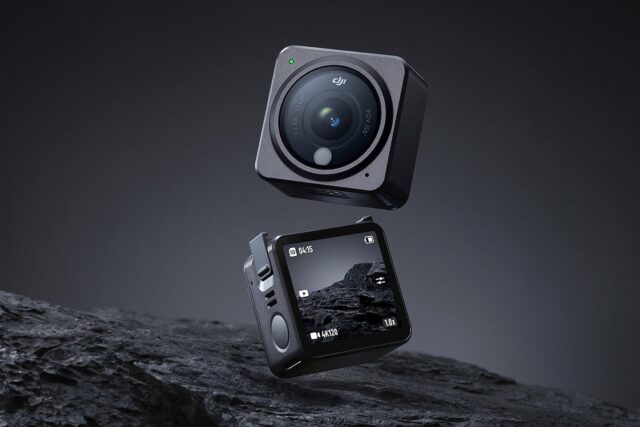With an incredibly diverse eco-system of snap-on modules that let you practically attach the camera anywhere you want, the DJI Action 2 is what you get when you create a camera after intense research and design-thinking… not by simply copying what the rest of the market is doing.
Drone and gimbal makers extraordinaire, DJI seems to be completely disrupting the non-smartphone consumer camera market. The OM, Osmo, and Pocket give you a set of really powerful stabilized on-ground recording capabilities, while DJI’s drones really speak for themselves… With the Action 2, however, the company hopes to conquer yet another market that was up until now dominated by GoPro.
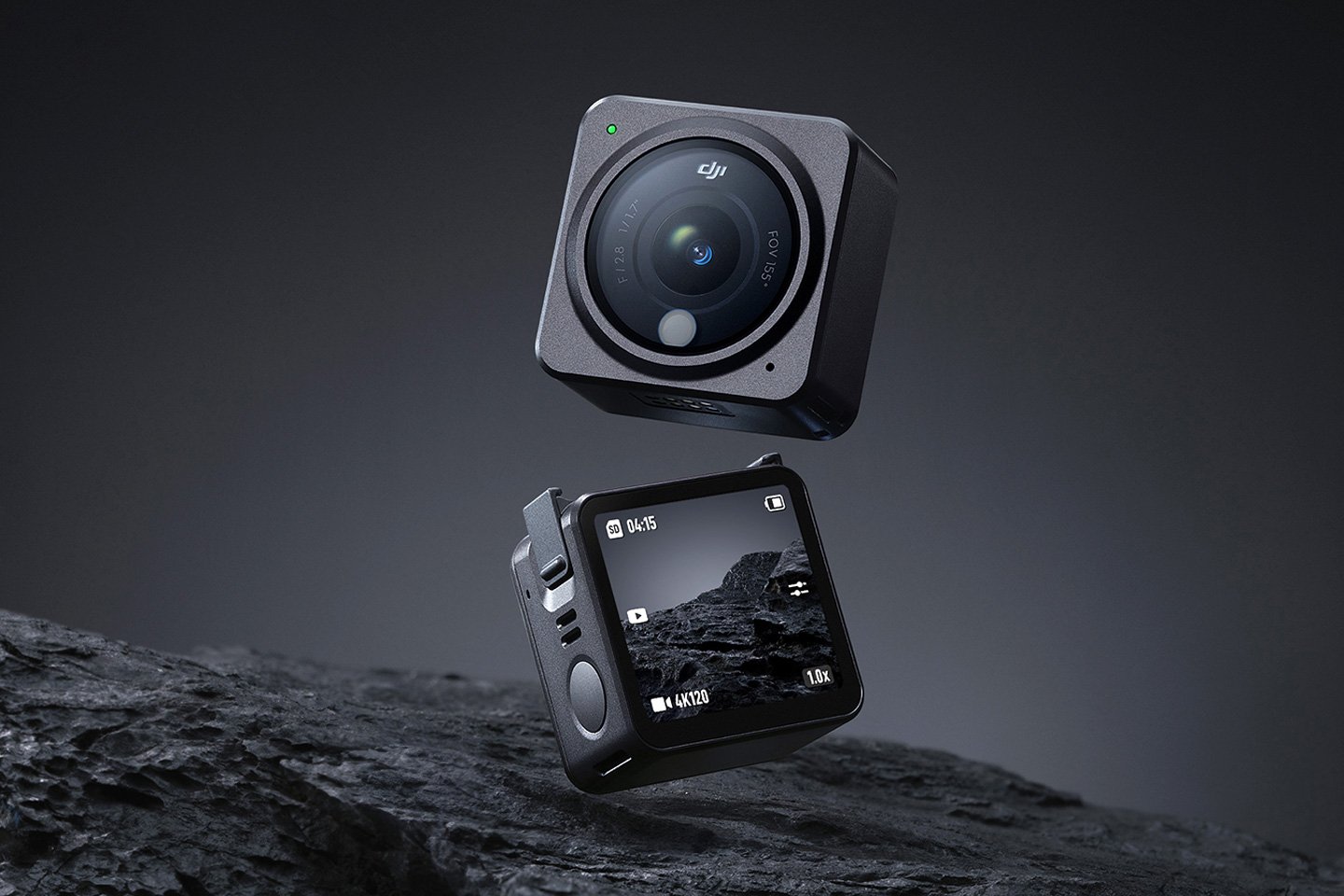
“The blueprint of an action cam is a familiar one – tough, waterproof, in a compact body”, says the narrator in the video above… and in doing so, perfectly describes the pit into which most tech companies fall – the pit of the ‘template’. It’s easy to be the second or the third best company in any domain… simply follow your biggest competitor and provide ‘the next best option’ for consumers to consider. This is something most action cameras have been doing by simply recreating what the GoPro pushed out. Once you hacked the template, you could make your action camera cheaper, have more memory, have a better battery, or cloud storage, and voila… your product was a worthy competitor to the GoPro. What the Action 2 aims at doing is redrawing that template by asking itself “If the GoPro didn’t exist, what would an action camera in 2021 look like?”
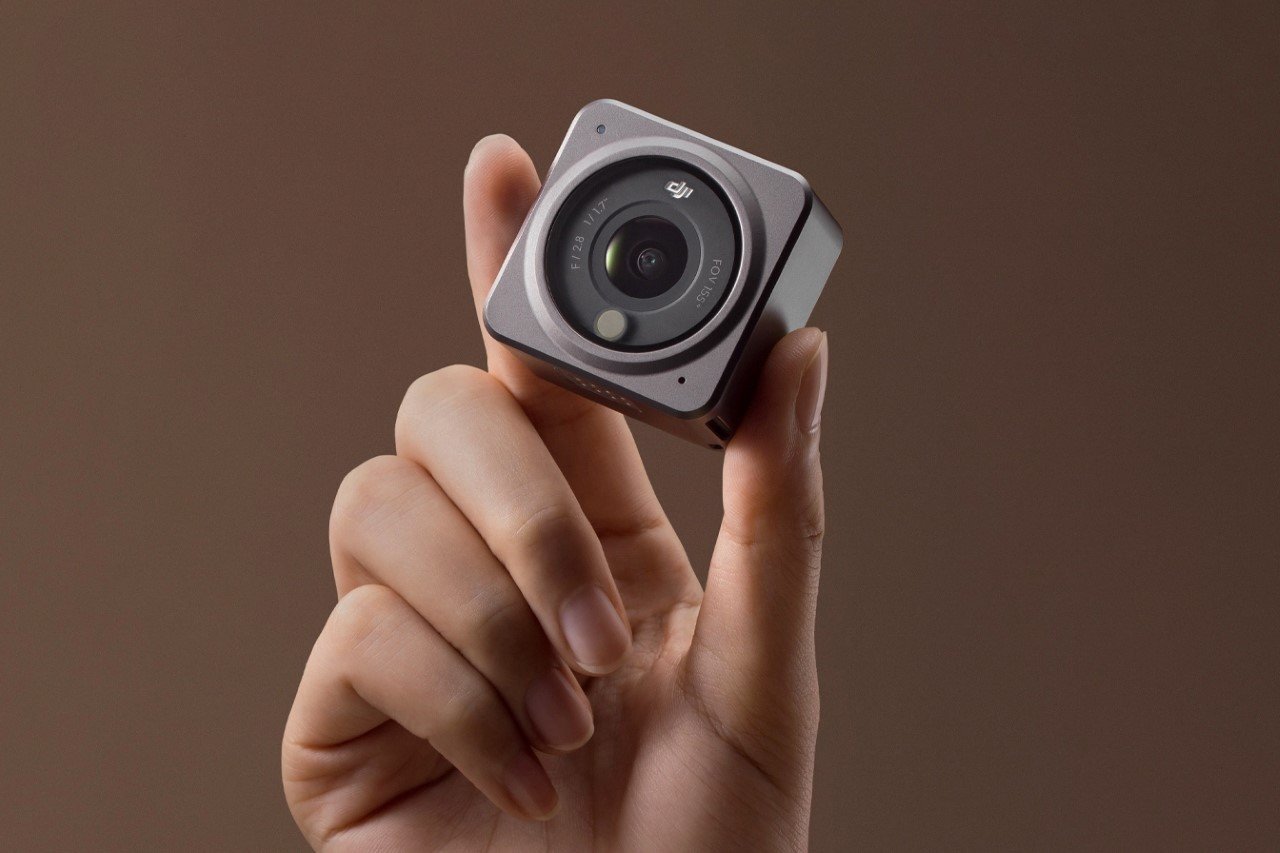
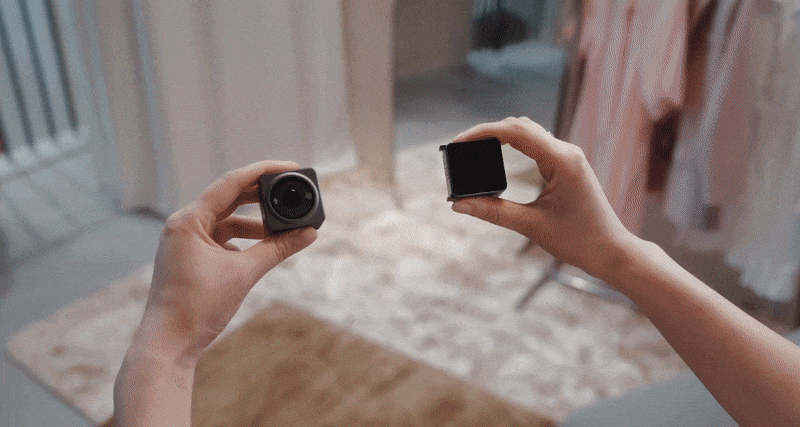
What the Action 2 gets right with its design isn’t just the camera (after all, DJI’s cameras are pretty fantastic to begin with) but rather how the camera is operated. The company designed an exhaustive list of modules, holders, and even accessories to go with their camera, all of which affix themselves to the Action 2 using an incredibly powerful set of magnets (a la MagSafe). The modules simply snap on or snap off, and give you a variety of use-cases, from being able to hold the camera in your hand, fix it to your chest/arm/head, attach it to your helmet, handlebar, or dashboard, place it on a steady surface, or even go underwater with it. If there’s a place you could take your Action 2, or an activity you could conduct with your Action 2… DJI’s thought of it and designed a module/accessory for it.
In many ways, this holistic approach is GoPro’s undoing. The way DJI’s modules just magnetically snap on or snap off the Action 2 make it really easy to use the camera anywhere and anyhow… and the camera’s all-terrain + waterproof design, 155° Super-Wide lens, powerful digital stabilization algorithm, and the 4-microphone recording setup make the Action 2 an incredibly compelling purchase.
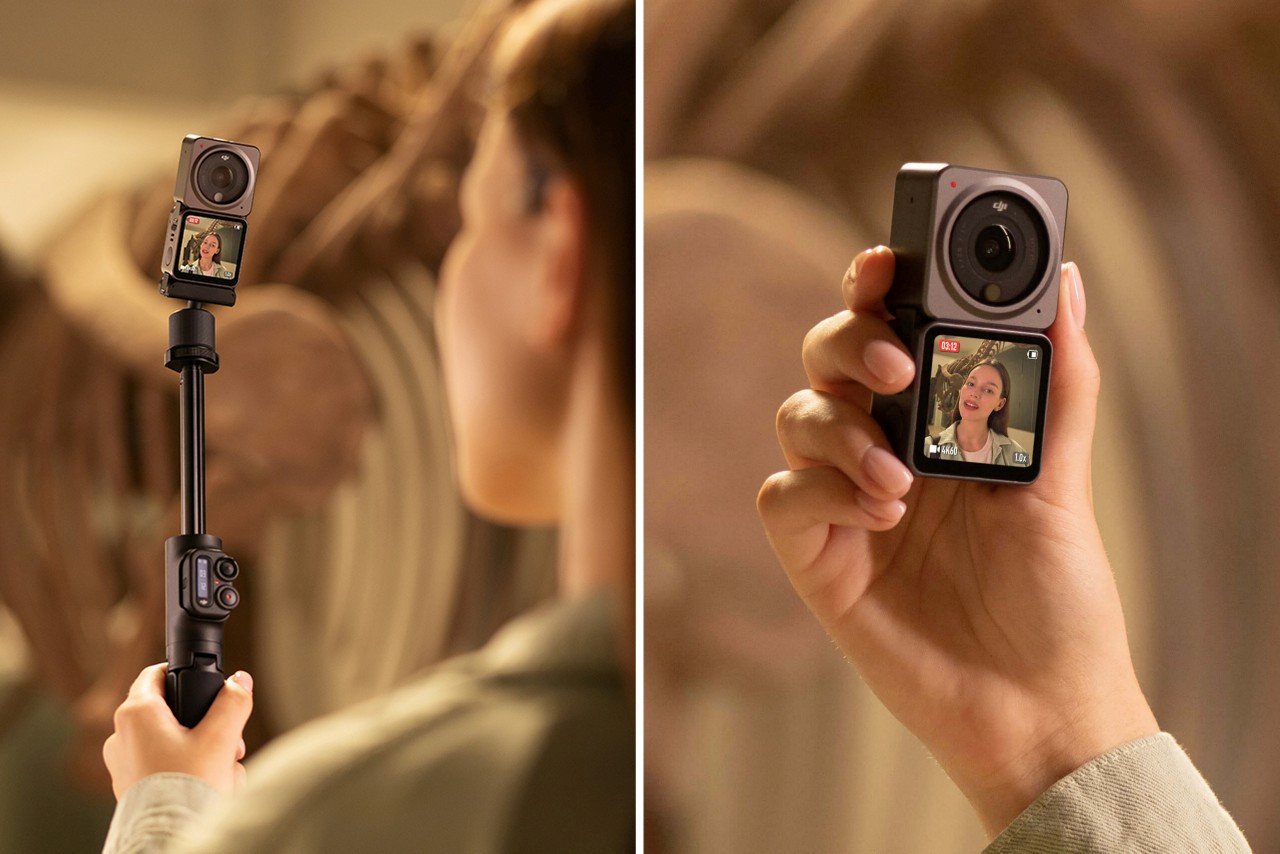
Perhaps the Action 2’s most defining feature (and you’ll see it practically all their images) is the snap-on touchscreen module. Traditionally, all action cameras have lenses on the front and displays on the rear… and that’s great for filming everything except yourself. DJI’s Front Touchscreen Module basically lets you turn the action camera into a wide-angle vlogging camera. The module snaps right on and lets you attach other accessories like the tripod, selfie stick, car-mount, etc. Moreover, snapping it on doesn’t just give you a front-facing extra screen… it gives you an extra battery pack too, doubling the Action 2’s recording time to 160 minutes, and also adds extra mics for crisper audio recording – a feature that vastly benefits vloggers and influencers who want to be in the spotlight.
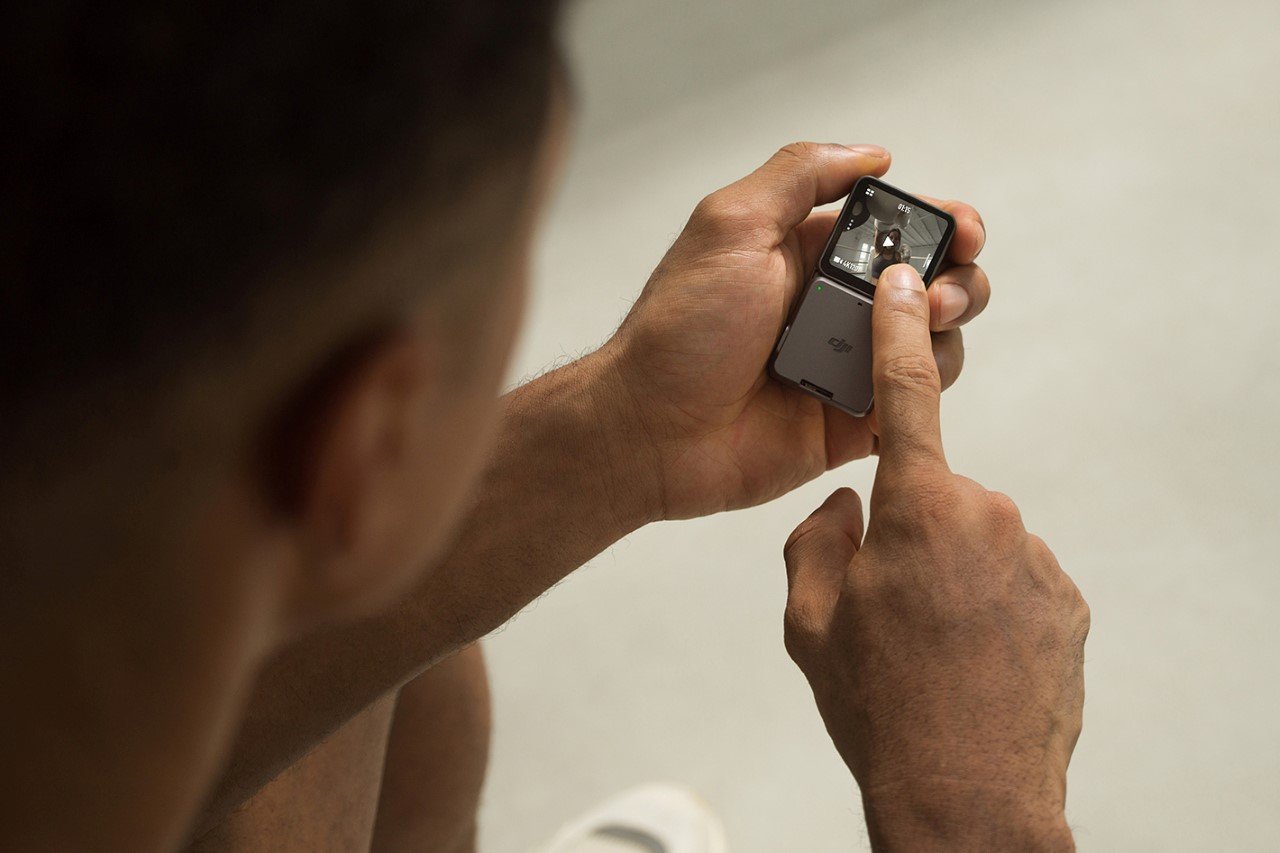

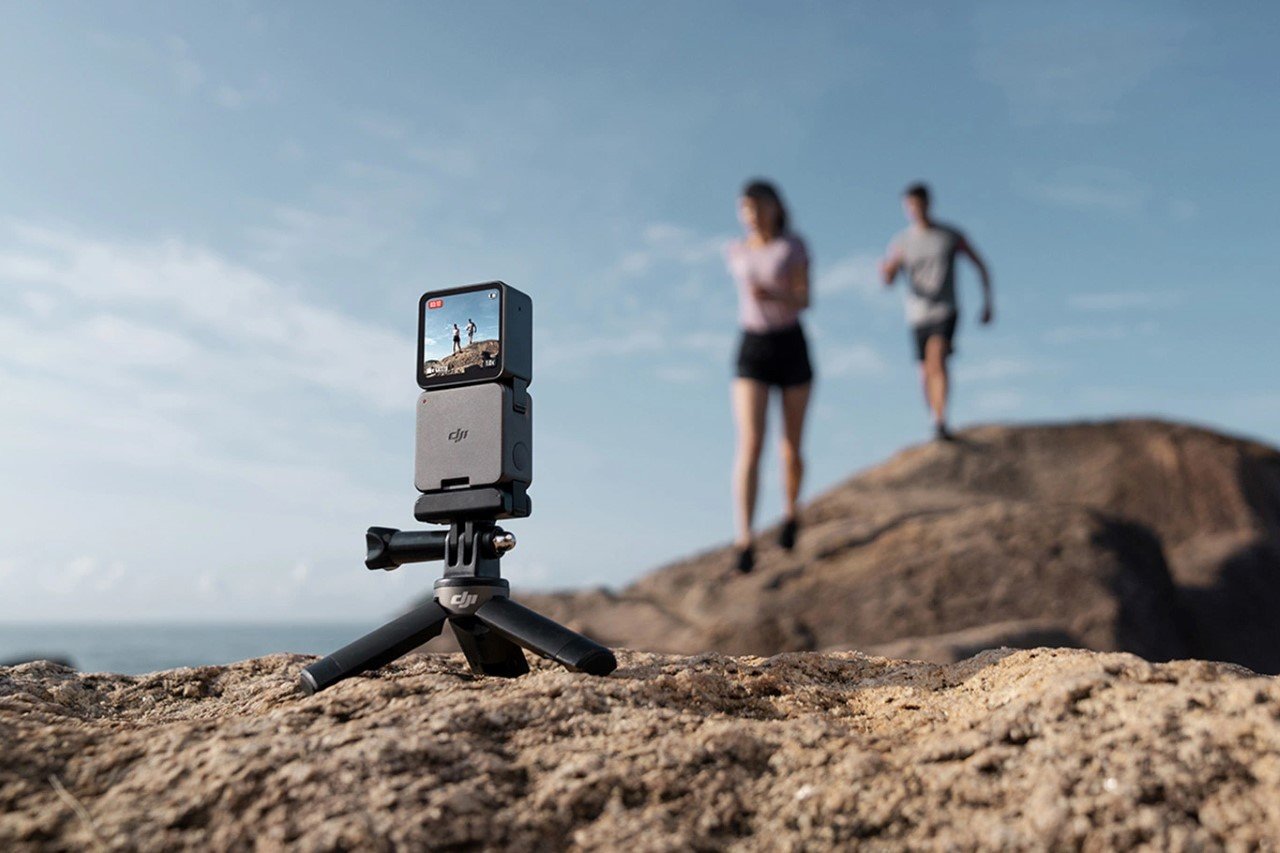
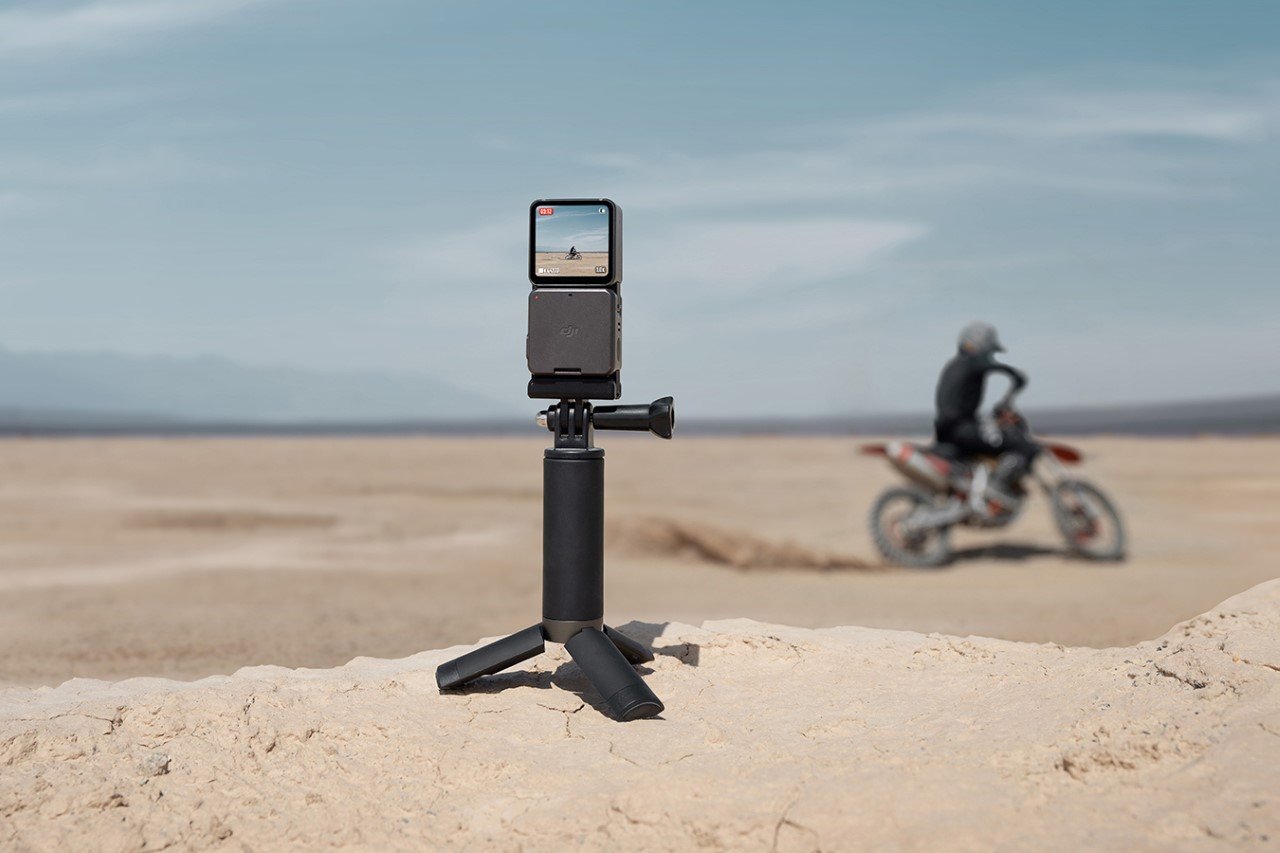
The Action 2’s expansive list of modules and attachments simply equip the already powerful camera to do much more. You’ve got your standard Power Module which bumps up the Action 2’s battery life, along with the Remote Control Extension Rod that triples as a selfie stick, tripod, and detachable remote controller. For sportsters, DJI has the helmet mount, and also a ball-and-socket module that lets you position the camera in any angle, be it downwards, upwards, or even in a tilting format. If you’re taking the camera swimming, a magnetic headband lets you go swimming and surfing, while the waterproof case lets you dive deep and low.
DJI’s more creative attachments include the magnetic lanyard, which definitely beats the GoPro’s chest-harness. Instead of strapping the camera to your torso, the magnetic lanyard lets you simply clip the camera onto your shirt using magnets. The reliable magnets do a pretty good job of holding your camera in place, and DJI’s image stabilization algorithms really speak for themselves at this point of time. The company’s even unveiled a snap-on macro lens that turns the ultra-wide shooter into a macro photography beast (with 4K capturing abilities)… and if you intend on using the Action 2 for interviews, vlogs, carpool karaoke, or even recording livestreams and audio concerts, DJI even has a powerful set of wireless dual-channel recorder mics that let you use the action camera like you would the Osmo or the Pocket. Probably the only thing missing now is for DJI to release a drone mount that lets you clip the Action 2 to any of their mid-tier drones for high-speed, high-altitude, high-adrenaline 4K capturing on a shoestring budget!
The DJI Action 2 is up for preorder today on DJI’s website, with shipping starting early November. The Power Combo (camera, Power Module, Lanyard, and Adapter mount) costs $399. The Dual Screen Combo throws in the Front Touchscreen Module and the Magnetic Ball-Joint mount too, bringing the bundle cost to $519. You could still, however, spend over $650-700 on GoPro’s latest cameras and accessories… but at this point it would sound a lot like buying a Nokia N-series phone in today’s day and age.
Designer: DJI




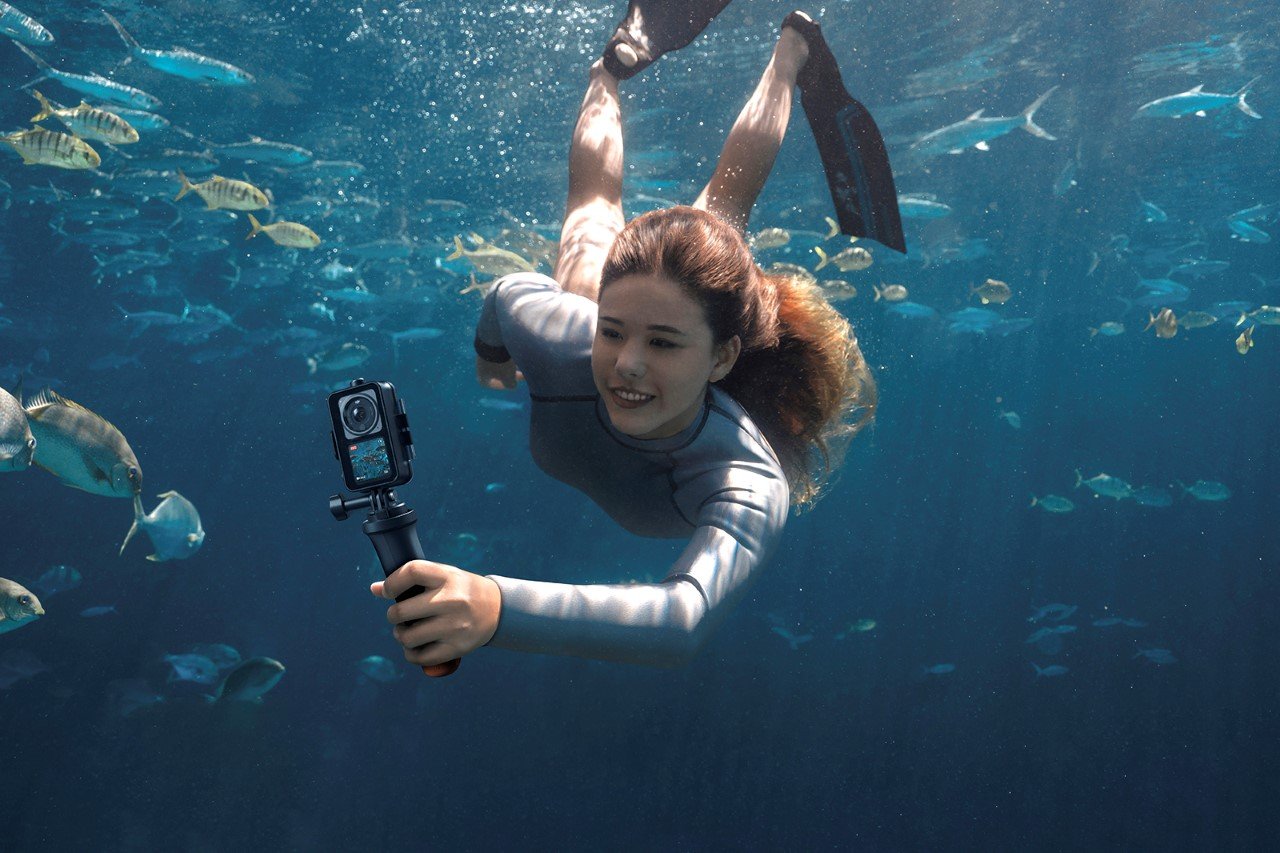
![]()

